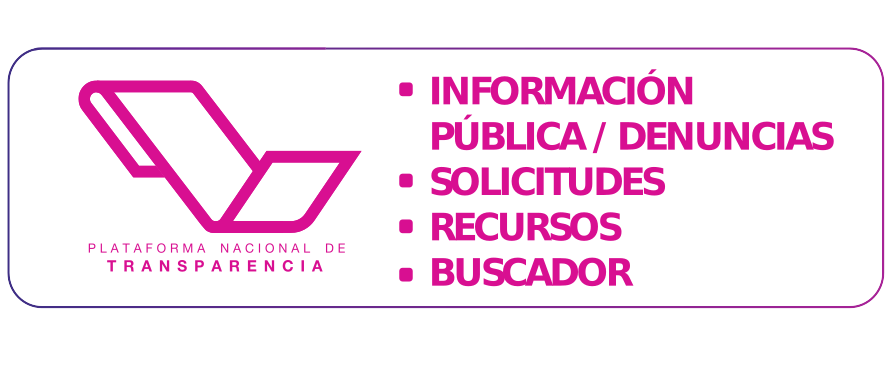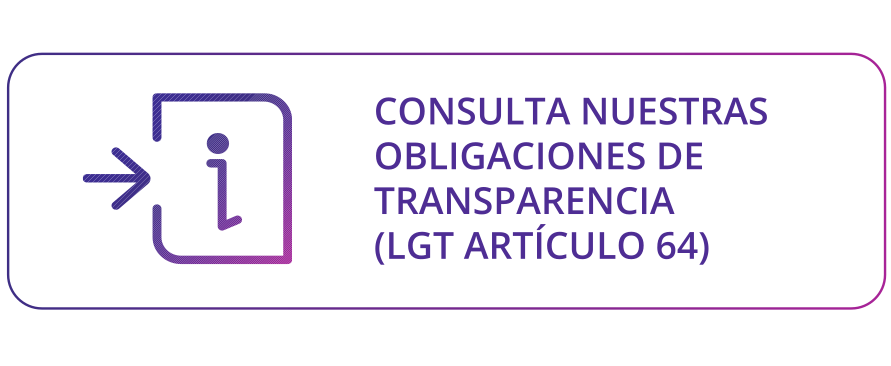El Colegio de la Frontera Norte, sede Tijuana, en colaboración con el Instituto para las Mujeres en la Migración A.C. (IMUMI), llevó a cabo el “Taller de Especialización para Periodistas sobre Migración” el pasado 17, 18 y 19 de junio en la ciudad de Tijuana, B.C.
Con el objetivo de presentar a los agentes de medios de comunicación un panorama del fenómeno migratorio desde una perspectiva multidisciplinaria, se ofreció la experiencia directa con los protagonistas principales: los migrantes.
Con la participación de periodistas de distintas partes del país, el Dr. Tonatiuh Guillén, presidente de la institución, inauguró el evento seguido de académicos especialistas que ofrecieron ponencias sobre migración y seguridad pública, deportaciones en la frontera norte, la reforma migratoria y las discusiones llevadas a cabo en el congreso de Estados Unidos, así como la situación de las mujeres en este fenómeno social, entre otros.
Asimismo, se realizaron recorridos a distintas partes de la ciudad para experimentar la migración desde una perspectiva más cercana, sensible y real. El denominado “bordo” –línea divisoria con Estados Unidos– fue una de las partes en la que los periodistas tuvieron oportunidad de conversar con migrantes que residen en esa zona. Además, se reunieron con autoridades de aduana, migración y de la Secretaría de Seguridad Pública Municipal.
En el segundo día de actividades se les invitó a participar en uno de los desayunadores para migrantes. A través de dinámicas de servicio y ayuda se logró un contacto directo y se apoyó en el servicio de comida. También asistieron a la casa del migrante, donde se ofrece albergue temporal a los migrantes deportados, para conversar con esta comunidad.
Finalmente, el tercer día de este taller se retomaron las ponencias académicas.
En palabras de algunos participantes, la experiencia fue “conmovedora” y altamente enriquecedora para su trabajo periodístico, especialmente para los participantes del centro del país, ya que conocer de primera mano lo que viven los migrantes día a día en su intento de cruzar la frontera les ha permitido ampliar su visión sobre la importancia del tema.
El Colegio de la Frontera Norte, in partnership with the Institute for Women in Migration (IMUMI) held a workshop for journalists on migration studies last June 17, 18 and 19th in the city of Tijuana.
The aim of the workshop was to present journalists with an overview of migration from a multidisciplinary perspective, offering direct experience with the migrants. Journalists from all parts of the country, particularly from Mexico City, were welcomed by Tonatiuh Guillén, president of El Colef, who opened the event where migration researchers and the academic body presented the audience with information and studies on migration and public safety, security in the northern border, deportations, immigration reform and the role of women in migration.
Together with the seminars, participants were taken to locations around the border where migrants usually live and/or try to cross the border. The aim was for the journalists to be able to have a live experience of what this social phenomenon looks like in real life. They were able to exchange views, talk and listen to migrants and their life stories.
Also, they met with municipal authorities, custom agents and public officials, to have a better understanding of what migration and the people who are involved in this dynamics mean to the city of Tijuana and its permanent residents.
One of the most rewarding experiences during the workshop, as stated by one of the participants, was to be able to serve migrants on one of the soup kitchens that offer free food for them on a daily basis. They were taken to this location and invited to volunteer on the many tasks performed at the place: serving breakfast, cleaning the tables, mopping floors, etc. On the second and third day of the program they also visited a couple of migrant shelters were they learned the process of how they are assisted and the many challenges these places have.
In the words of some participants, the experience was «moving» and highly inspiring for their journalistic work, especially for participants from outside Tijuana, and also to know firsthand what migrants go through day by day in their attempt to cross the border looking for a better life.
![]()



